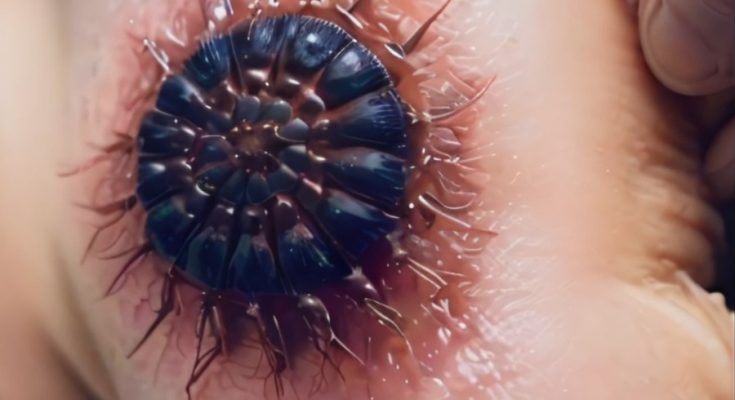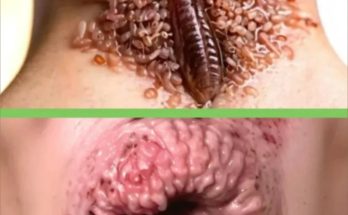Skin diseases encompass a wide range of conditions that impact your skin, which serves as your body’s largest organ and first line of defense. These conditions may result in rashes, inflammation, or other skin changes. While some are genetic, others arise from lifestyle factors or underlying health conditions. Here’s an in-depth look at skin diseases, their causes, and how to manage them effectively.
What Are Skin Diseases?
Your skin plays multiple roles, including:
- Retaining body fluids and preventing dehydration.
- Protecting against infections caused by bacteria, viruses, and other pathogens.
- Regulating body temperature.
- Producing vitamin D when exposed to sunlight.
Skin diseases refer to any conditions that inflame, irritate, or clog the skin. These may lead to visible symptoms like rashes or scaly patches.
Common Types of Skin Diseases
Skin diseases range from mild to severe, with common examples including:
- Acne: Blocked follicles leading to a buildup of oil, bacteria, and dead skin.
- Atopic Dermatitis (Eczema): Dry, itchy skin prone to swelling and cracking.
- Psoriasis: Scaly patches that may feel warm and swollen.
- Rosacea: Red, flushed skin often accompanied by pimples, particularly on the face.
- Vitiligo: Patches of skin that lose their natural pigment.
- Skin Cancer: Abnormal growth of skin cells, potentially life-threatening.
Rare Skin Diseases
Some skin conditions are genetic and less common, such as:
- Epidermolysis Bullosa: Fragile skin that blisters easily.
- Harlequin Ichthyosis: Thick, hard skin patches present at birth.
- Chromhidrosis: Colored sweat caused by glandular changes.
What Causes Skin Diseases?
A variety of factors contribute to skin conditions, including:
- Infections: Bacteria, viruses, fungi, or parasites.
- Genetics: Hereditary conditions like psoriasis or eczema.
- Lifestyle Factors: Poor hygiene, sun exposure, or stress.
- Underlying Health Issues: Conditions such as diabetes, lupus, or thyroid disorders.
Symptoms of Skin Diseases
Skin diseases manifest differently, but common symptoms include:
- Discoloration or abnormal pigmentation.
- Dry, scaly, or peeling skin.
- Rashes or open sores.
- Itchy, red, or painful bumps.
- Pus-filled lesions or ulcers.
Diagnosing Skin Diseases
Healthcare providers use various methods to diagnose skin conditions:
- Visual Examination: Initial inspection of the affected area.
- Biopsy: Taking a small skin sample for microscopic analysis.
- Patch Test: Checking for allergic reactions to substances.
- Dermoscopy: Examining skin lesions with a dermatoscope.
Treatment Options for Skin Diseases
Treatment varies based on the condition’s type and severity. Options include:
- Medications: Antibiotics, antihistamines, or oral treatments.
- Topical Treatments: Creams, ointments, or gels.
- Lifestyle Changes: Improved hygiene, stress management, and dietary adjustments.
- Surgical Procedures: For conditions like skin cancer.
Preventing Skin Diseases
While not all skin conditions are preventable, you can reduce your risk by:
- Protecting against sun damage with sunscreen.
- Practicing good hygiene and washing hands regularly.
- Avoiding harsh chemicals and allergens.
- Maintaining a nutritious diet and staying hydrated.
Long-Term Outlook
Many skin diseases are chronic, requiring ongoing management to control symptoms. Some conditions may go into remission, while others might flare up periodically. Early diagnosis and proper treatment are crucial for maintaining skin health.
When to Seek Medical Advice
If you notice persistent changes in your skin, such as rashes, non-healing spots, or mole changes, consult a dermatologist. Early intervention can prevent complications and improve outcomes, particularly in cases like skin cancer.
Taking proactive steps, such as regular skin care and monitoring for abnormalities, can help you maintain healthy, vibrant skin for the long term.



